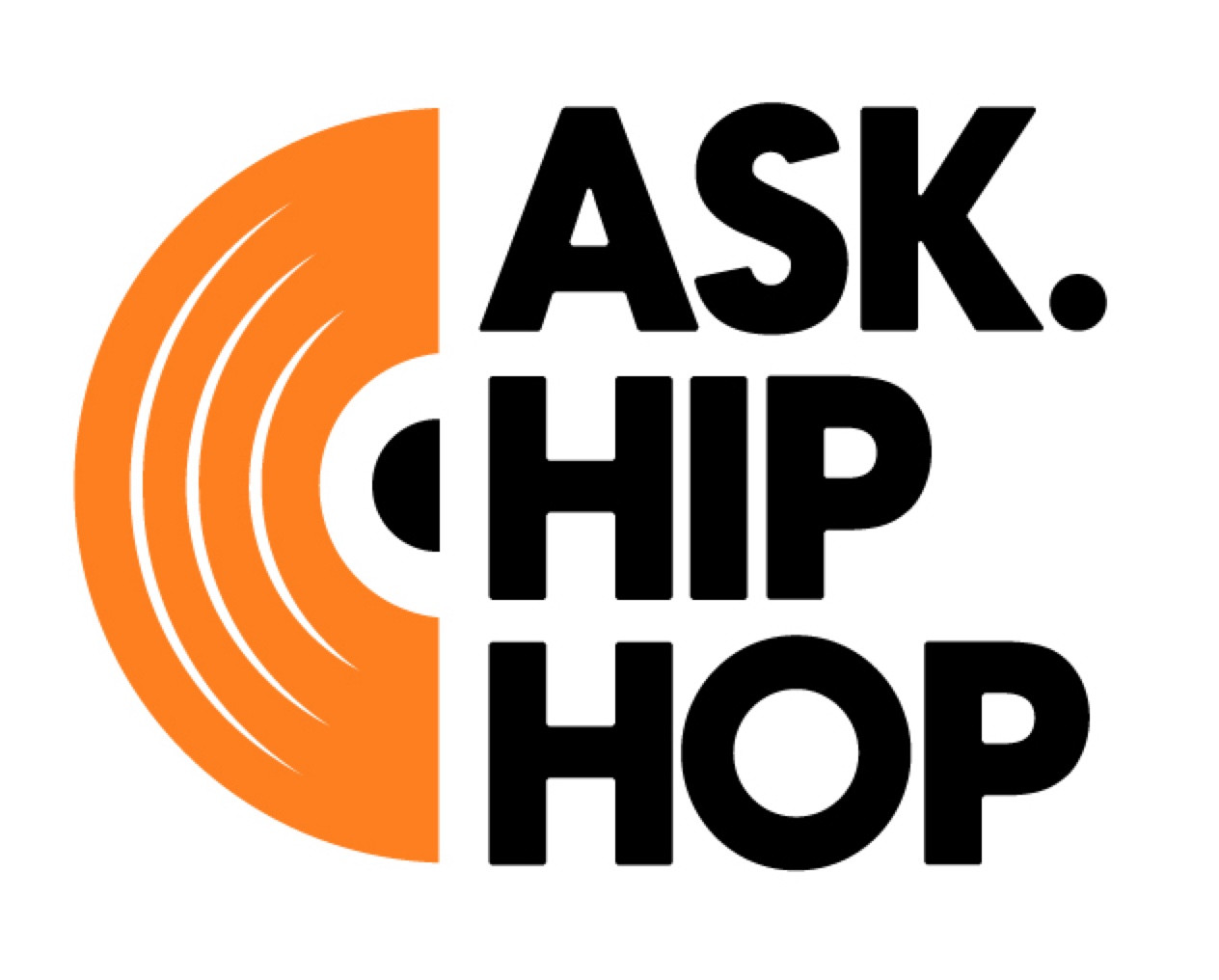Early Years and Academic Focus
Before hip-hop’s rise, Darryl McDaniels, later known as a member of RUN-DMC, was a dedicated student at St. Pascal Baylon Elementary School in Queens. His world revolved around reading, drawing, and collecting comic books, marking a period of simplicity and academic focus.
Musical Influences
McDaniels’ interest in music was sparked by the diverse array of artists played on 77 WABC, a popular seventies rock radio station in New York City. He was captivated by the storytelling in folk-rock songs, especially those by Crosby, Stills, Nash & Young, and the diverse sounds of James Brown, the Jackson 5, and The Beatles.
Encounter with Hip-Hop
In 1978, during his seventh-grade year, McDaniels had a pivotal encounter with Billy Morris, a fellow student from Hollis. Despite initial reservations about Morris’ intentions, McDaniels and his friends were introduced to the world of hip-hop through a Panasonic tape recorder playing Eddie Cheeba, a moment that left a lasting impression.
The Weekend that Changed Everything
Refusing to part with the tape recorder over the weekend, McDaniels made extravagant promises to Morris. He spent the entire weekend in his basement, repeatedly listening to the tape, immersing himself in the burgeoning hip-hop culture.
Discovering the Hip-Hop Scene
That summer, McDaniels observed DJs unloading crates of records and setting up turntables powered by light poles. This experience further deepened his fascination with the hip-hop scene, particularly when “Rapper’s Delight” by The Sugarhill Gang took over his neighborhood in Hollis.
Mastery of “Rapper’s Delight”
Not wanting to be left out, McDaniels learned “Rapper’s Delight” by heart, not out of a deep love for rap, but to fit in with his peers. His ability to recite the song earned him recognition in his neighborhood, making him the go-to person for performing it.
Hip-Hop as a Form of Imagination
For McDaniels, hip-hop was akin to the imaginative play of childhood, where he would pretend to be superheroes like Captain America or Thor. This imaginative connection to hip-hop allowed him to see the genre’s artists as superheroes, inspiring him to emulate their style and prowess.


